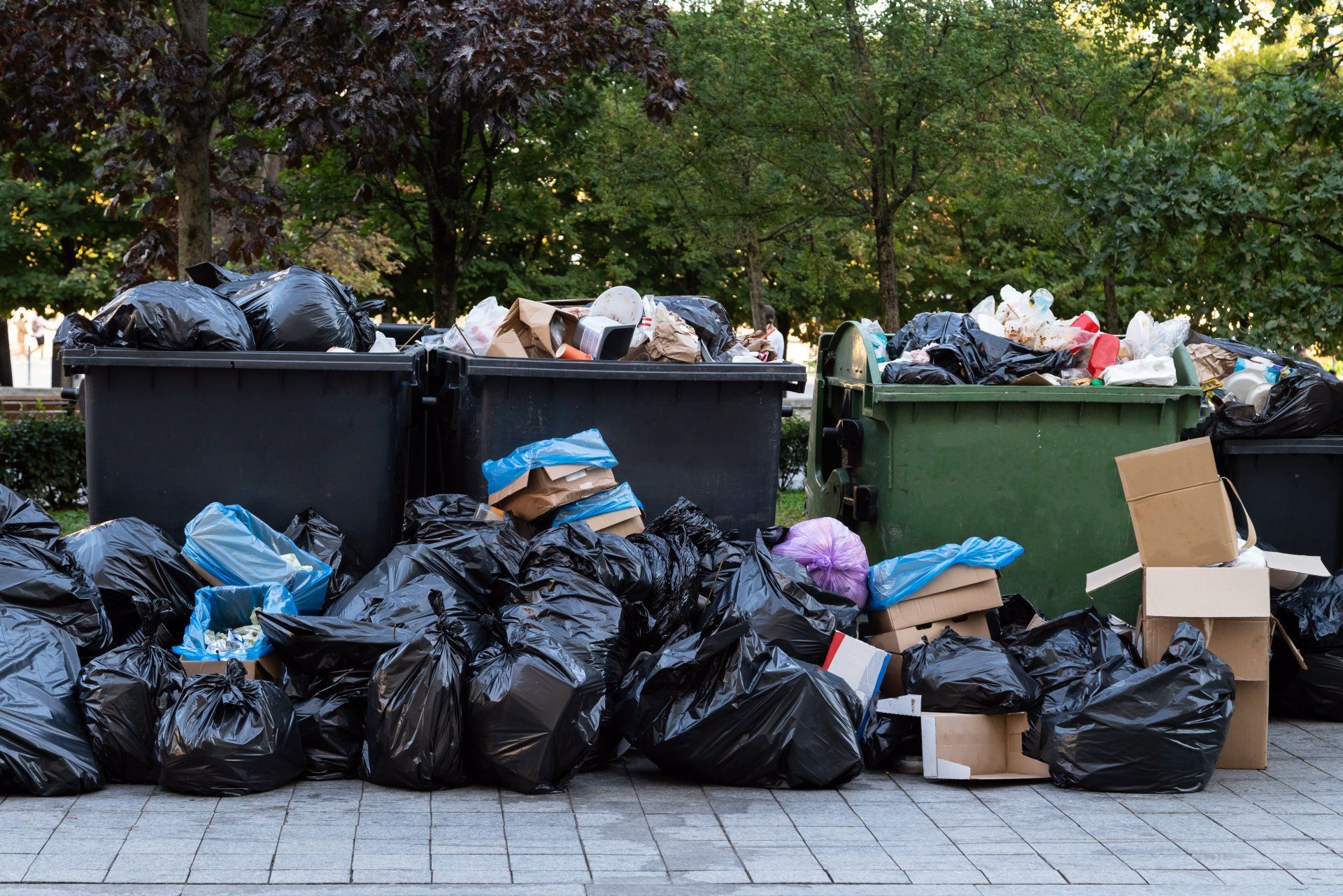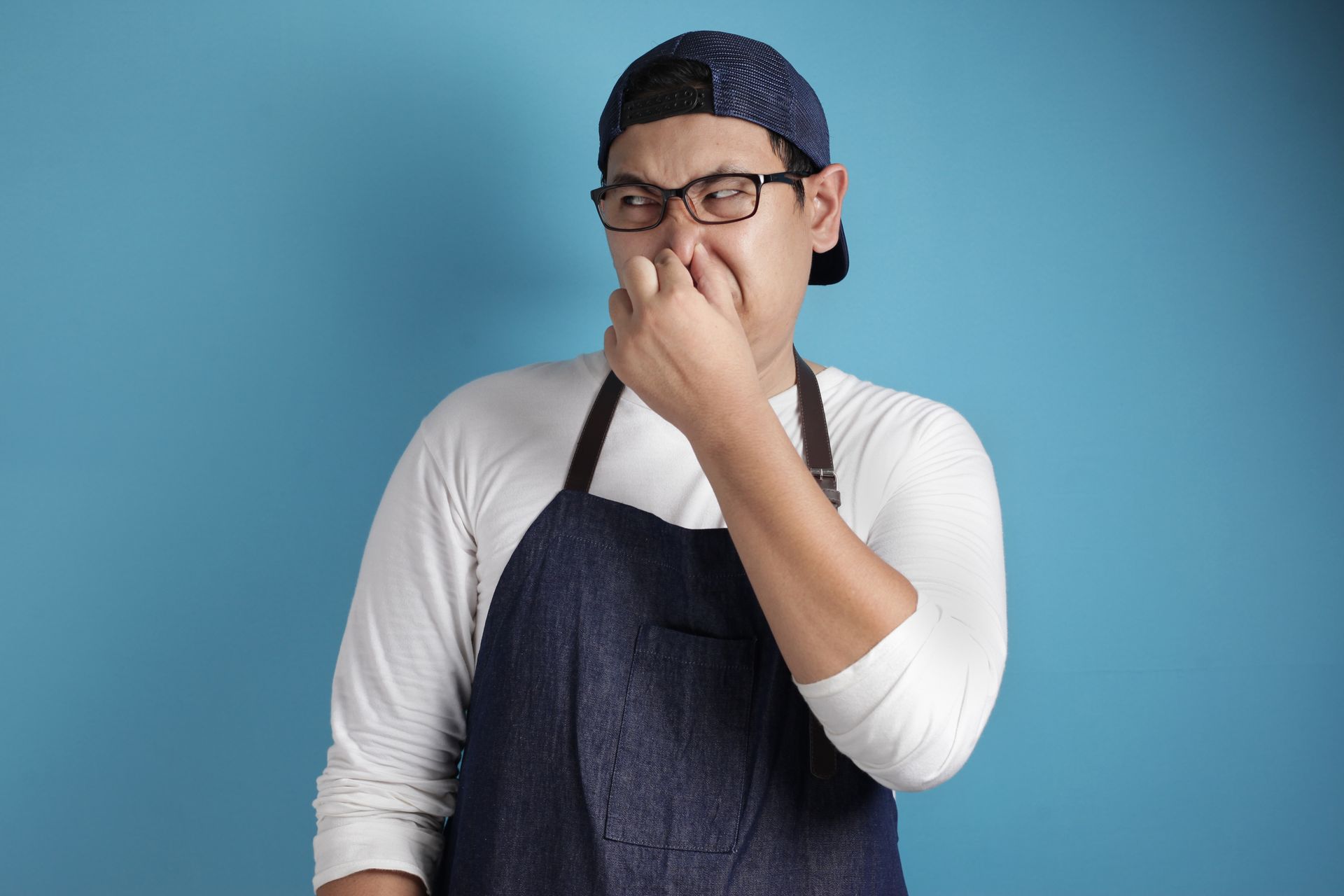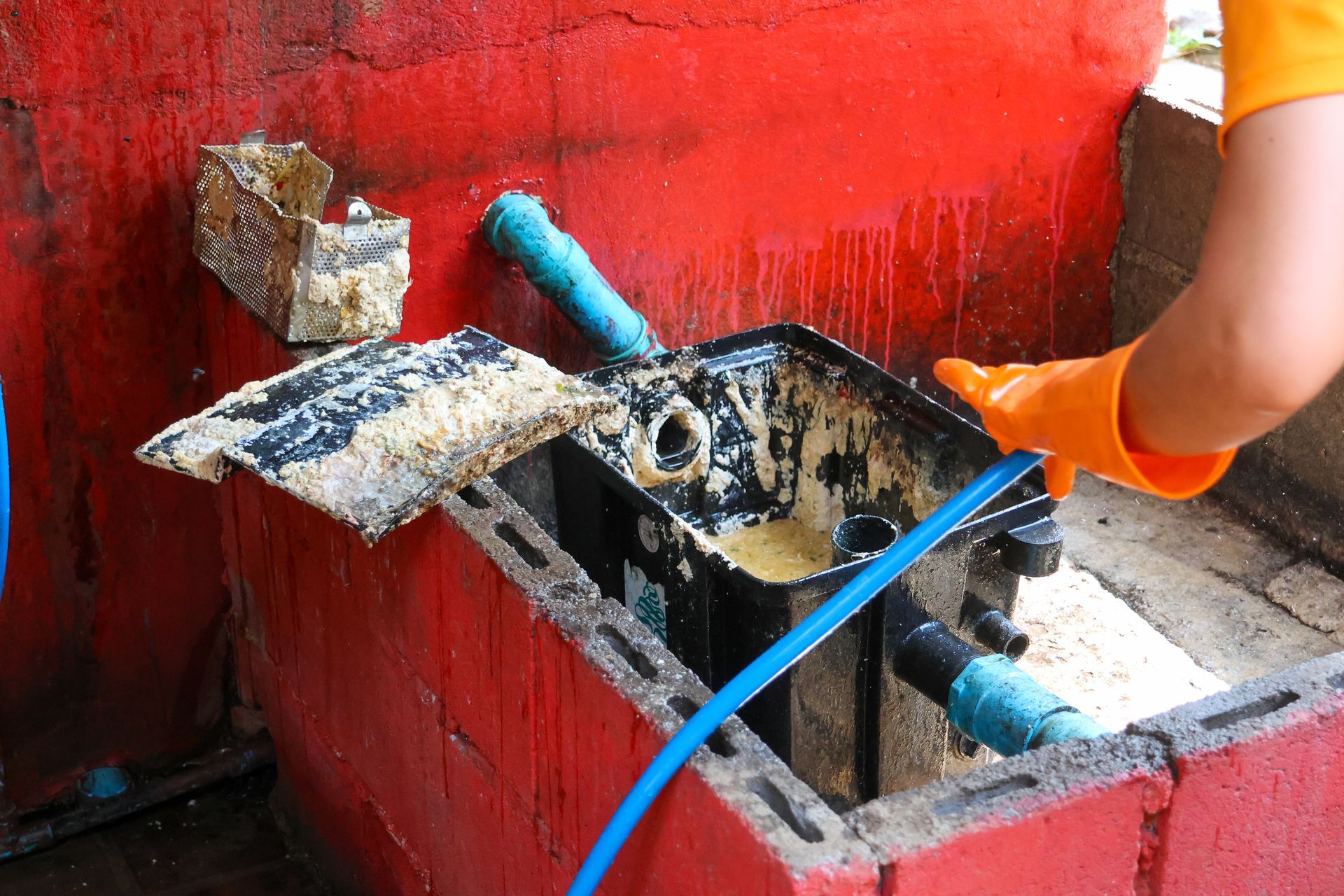How to Avoid Improper Waste Disposal and Keep Georgia Beautiful

Protecting the lands and waters of Georgia begins with environmental awareness and an understanding of proper waste disposal. The materials we use every day can have an impact on our environment, especially if they are not thrown away or disposed of correctly. Keeping Georgia beautiful is up to all of us, which is why our team at Southern Green Industries is committed to operating the greenest fryer oil recycling and grease trap cleaning services in the state.
One important way we can maintain the health of our waters and soils is by disposing of waste properly. Litter and illegal dumping occur far too often in Georgia and it’s hurting the plants and wildlife that also call this state home.
With thoughtful changes and help from local recycling and disposal resources, residents can make a difference and minimize their ecological footprint.
What Does Georgia Law Say About Litter and Illegal Dumping?
In an effort to reduce the amount of garbage and unwanted items found along our roads and neighborhoods, the state of Georgia has two laws in place to control litter and illegal dumping.
- Georgia Litter Control Law (OCGA 16-7-40)
2. Georgia Waste Control Law (OCGA 16-7-50)
Litter is defined as smaller amounts of improperly discarded items like random cans, paper products, bottles, boxes, household garbage and more.
Waste is defined as a collection of improperly discarded items that exceed 10 pounds or 15 cubic feet in volume (approximately the size of a residential garbage can) like sand or gravel, appliances, tires, abandoned cars, hazardous substances, and more.
Anyone who violates these laws may be subject to the following penalties:
- Charged with a misdemeanor
- Punished with a hefty fine between $100 to $1,000 (a second conviction is upwards of a $25,000 fine)
- Ordered by the court to perform clean-up duties within the littered area
- Prison time in the event of a second conviction or if caught illegally dumping hazardous waste
What Are Some Common Violations of Improper Waste Disposal?
Examples of common violations are:
- Throwing trash out of a car window or boat
- Hauling waste for profit and not dumping it in a designated disposal facility
- Leaving behind used tires or junk cars on public property
- Bypassing the wastewater treatment process and sending untreated wastewater into the sewer system
- Pouring hazardous materials like antifreeze or used motor oil down storm drains
What Can You Do to Prevent Hazardous Waste Disposal in Georgia?
Residents of Atlanta and across the state of Georgia can help minimize the impact of improper waste disposal by keeping a few important waste tips in mind.
1. Never throw trash directly into a dumpster without first securing it into a bag. This helps prevent trash particles from escaping the dumpster during the collection process or in bad weather.
2. Always recycle when possible. Properly recycling materials helps minimize the amount of garbage sent to landfills.
3. Never place liquid paint in the garbage can. You can add sawdust or kitty litter to solidify the paint before throwing it away. Latex-based paints are not considered hazardous, but they must first be solidified. You can do this by simply leaving the lid off and allowing the paint to dry.
4. Secure debris in the back of a truck bed or trailer with a tarp to prevent particles from flying out while driving.
5. Dispose of hazardous materials correctly to avoid contaminating things like water or soil. Wastewater treatment plants work to treat used water and recycle it. Preventing pollutants from going into our water helps water treatment facilities more easily remove contaminants, saving our water for future use.
6. Use proper disposal methods (garbage or local recycling centers) for fats, oils and grease (FOG).
How Does Southern Green Industries Help with Georgia’s Waste Disposal?
At Southern Green Industries, we are committed to keeping our state healthy by providing environmentally sustainable grease trap cleaning and fryer oil recycling to food service businesses in Georgia. One of the ways we do this is by operating our own wastewater treatment plant.
When we clean out the FOG from a grease trap, we also take the water it’s suspended in. That water is then treated and purified at our premises before it's returned to the environment.
We are proud that the Southern Green wastewater treatment facility gives us the ability to:
- Control the quality and thoroughness of the treatment of our wastewater
- Partner with Georgia businesses to minimize contamination of our public waterways
- Ensure the wastewater we collect is treated responsibly
- Properly dispose of water from the cleaning process
- Feel confident about the water we release back into the environment
Learn more about how you can join Southern Green in making Georgia a cleaner and safer place to live. Contact us at (404) 419-6887 to schedule a free grease trap cleaning consultation or to learn more about our wastewater treatment.
Recent Blog Posts
Contact us Today for a FREE Quote
We are committed to making grease trap cleaning and fryer oil recycling as clean and easy as possible. If you’d like to learn more about our services or get a quote, give us a call at (404) 419-6887.



